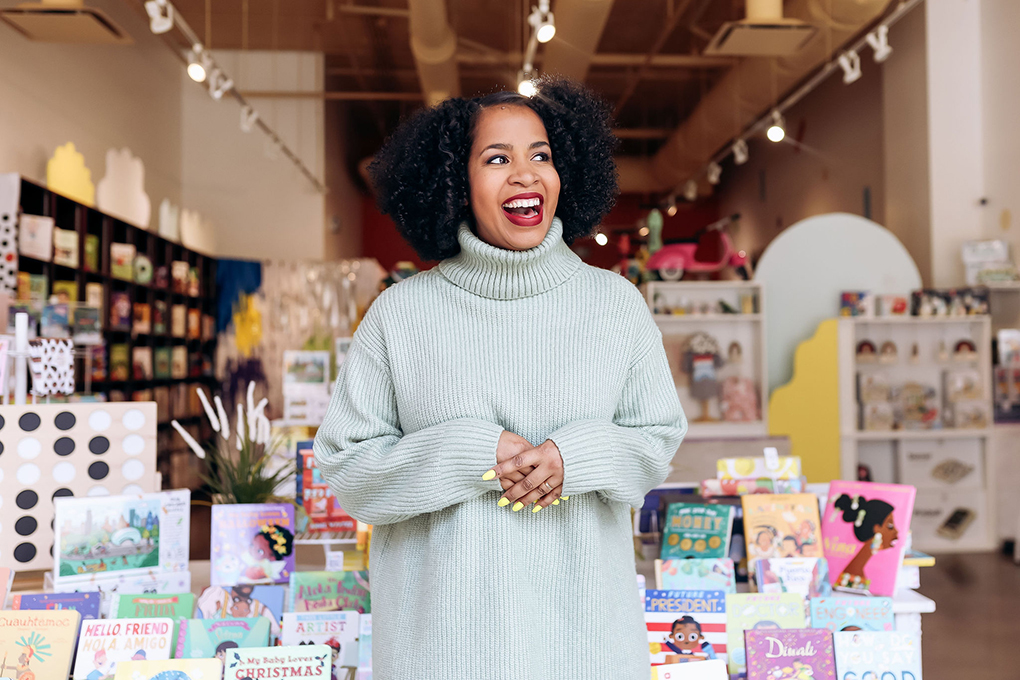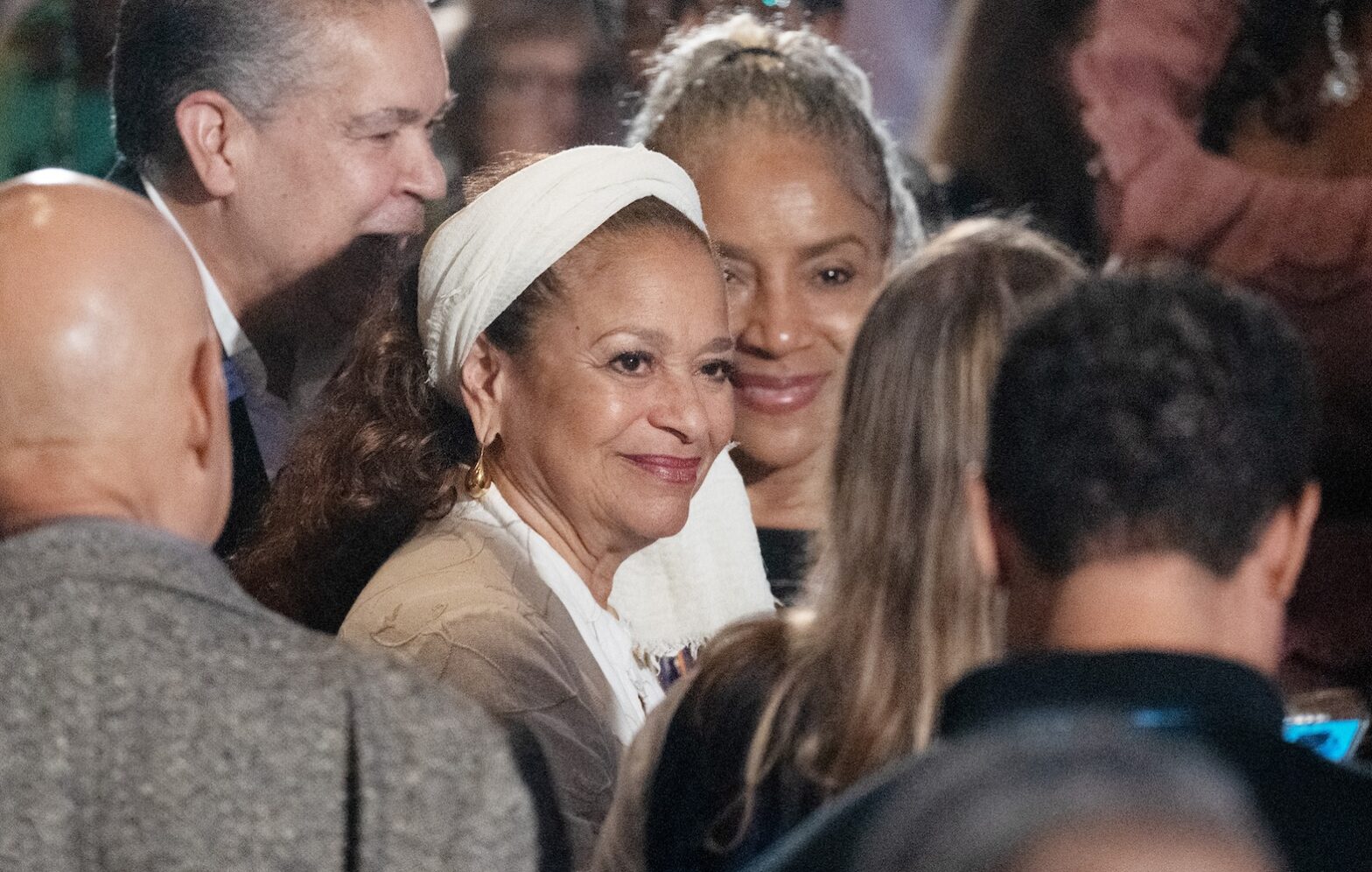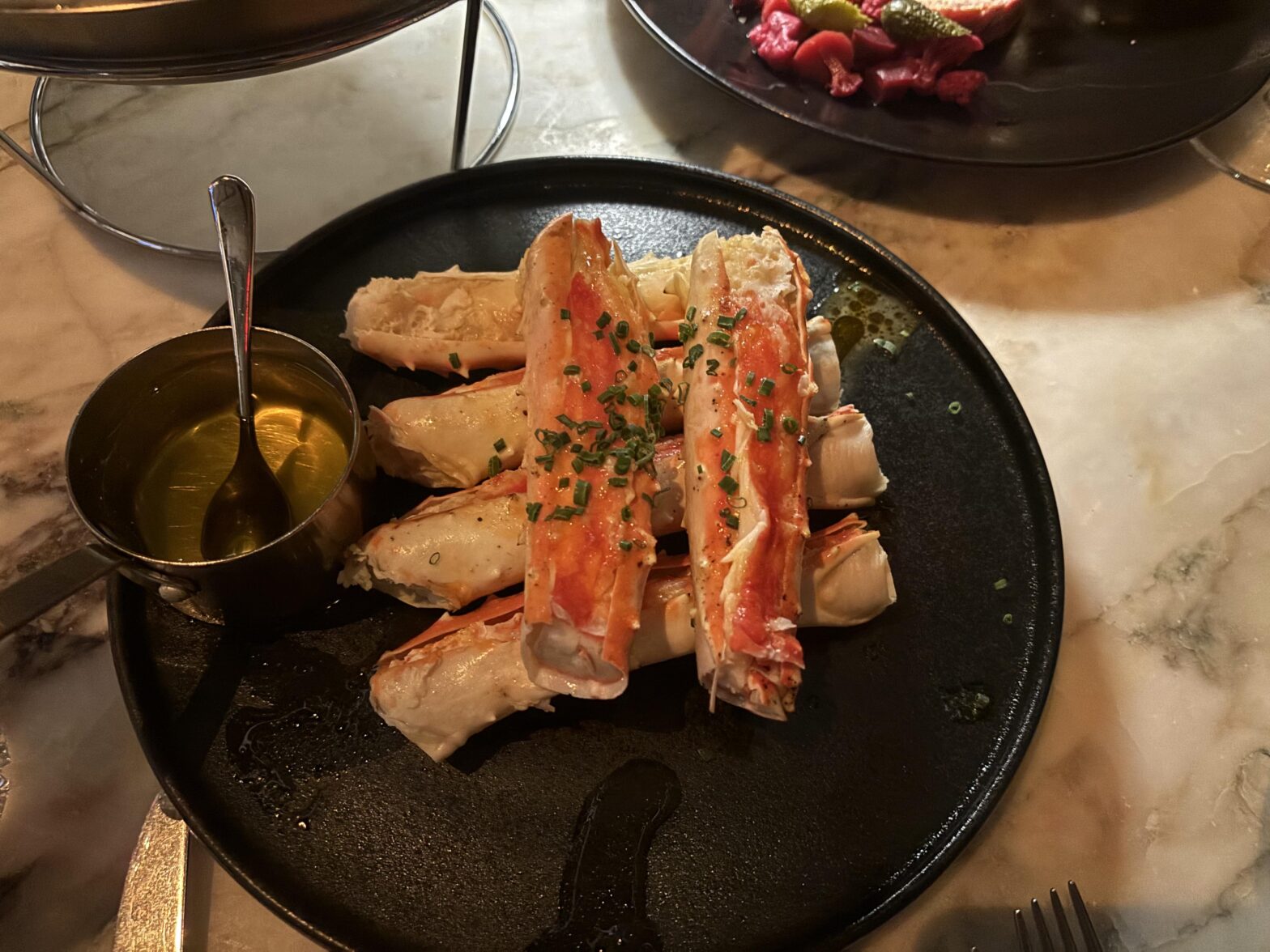Growing up, Chicago native Keewa Nurullah was aware that her great-grandfather was a survivor of the Tulsa Race Massacre, though he didn’t talk about it much. She didn’t learn about the massacre or Black Wall Street in elementary school, high school, or college, so she didn’t know that it was an important event in history.
“Not until I was in my 30s and other people started learning about Black Wall Street did I realize how special Greenwood was, and how important my family history was. It was an incredibly traumatic event for my ancestors, so I’m glad to have found out so much new information about the magnificence that was Black Wall Street.”
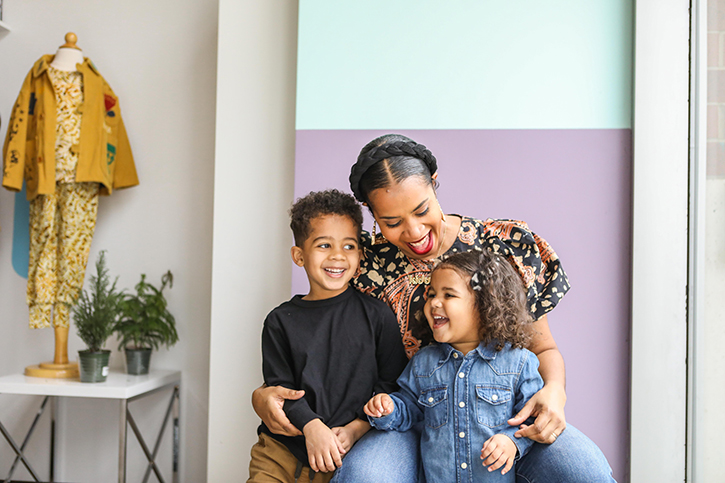
In addition to homes, churches, schools, and establishments such as a hotel, library, and hospital, the neighborhood housed a flourishing business district home to many successful Black businesses. Keewa’s great-grandfather owned a tailor shop in the thriving Black community.
Today, Keewa honors his legacy by running a successful business of her own, Kido, a children’s brand that focuses on representation and inclusivity.
“In our brick and mortar shop, we have unique clothing, sustainable toys, and a curated collection of diverse children’s books. We are the only shop of our kind in Chicago and maybe even the world. We are ensuring that Black and brown children see themselves reflected on our shelves, and we have merchandise that complements the individuality of the kids in our community.”
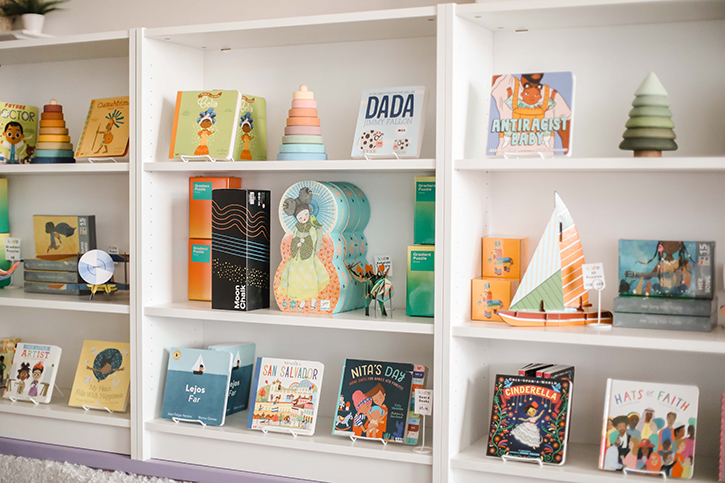
Keewa’s son was the inspiration behind her decision to create her brand. He was nine months old when she launched the business online in 2016.
“When I was shopping for him as a baby, the selection of clothing for little Black boys was drab and uninspired. I decided to flesh out some ideas I had for onesies, and I sold them to friends and other parents in our network. I was thankfully able to create more designs and sell locally at markets and festivals. We grew and grew until opening a storefront in 2018.”
Along her journey with Kido, there have been some unfortunate barriers that Keewa has had to face as a Black entrepreneur. In the beginning, she was turned down for funding because she hadn’t been in business long enough.
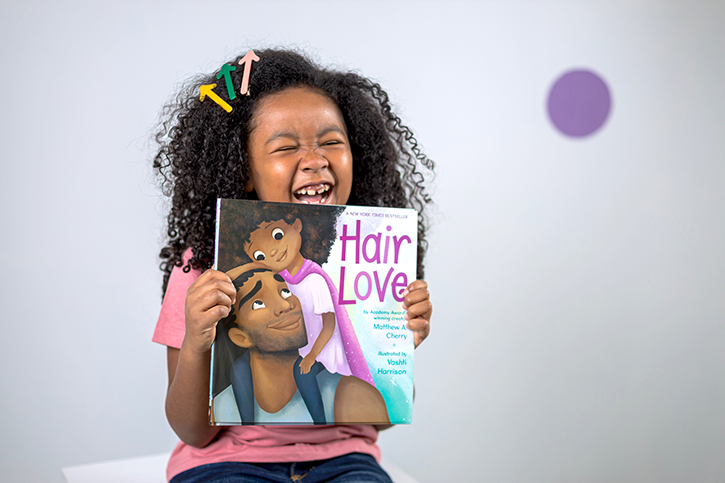
“I’ve had some vendors turn down our shop as a retailer. I’ve had customers come in the shop and see the Black and brown faces on the books and turn back around. I use every obstacle as a learning experience, and I know that what is meant for Kido will find us.”
For Black business owners who may be struggling with barriers, Keewa suggests seeking a mentor as well as a community of others building businesses. She also stresses the importance of investing in therapy and self-care in order to avoid burnout, and continuing to learn in order to be able to make informed decisions.
“In my moments of uncertainty, I also look to my ancestors. They were able to thrive on Black Wall Street. They were able to survive an incredibly traumatic experience that many were unable to. And they were ultimately able to rebuild the business. Their resilience is the reason I am here, and I am strong because I have their blood running through me.”
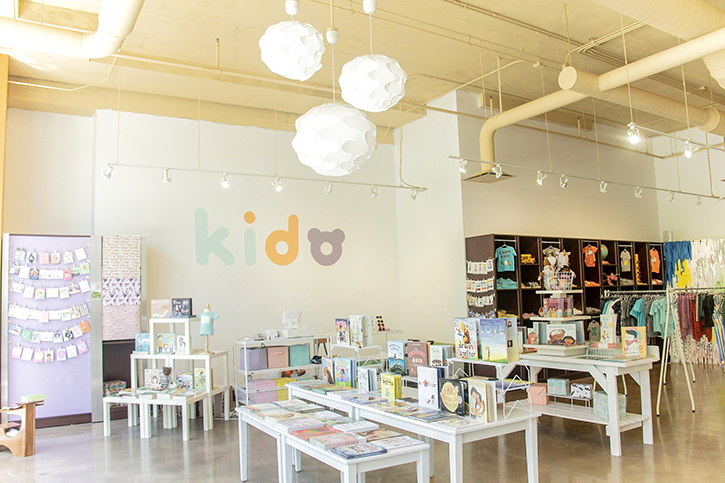
In addition to carrying on the family legacy of entrepreneurship, Keewa also honors her great-grandfather’s legacy by continuing to tell his story so that others can also honor his legacy by learning about the Black excellence of Black Wall Street and those who built it.
“Our history survives through the oral tradition. We don’t have many photographs or family heirlooms because everything was burned. If I don’t tell their story, their legacy won’t continue on to the next generations. His story is one to be inspired by, so it’s important to pass down the inspiration to our future leaders and future entrepreneurs.”
For more information on Kido, visit www.kidochicago.com, and follow the brand on Instagram and Facebook.
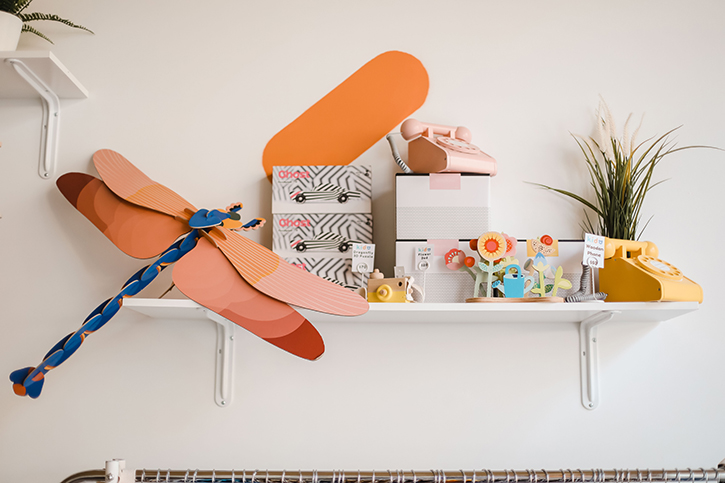
Related: This Children’s Author Is Spreading Black Boy Joy In Asia
